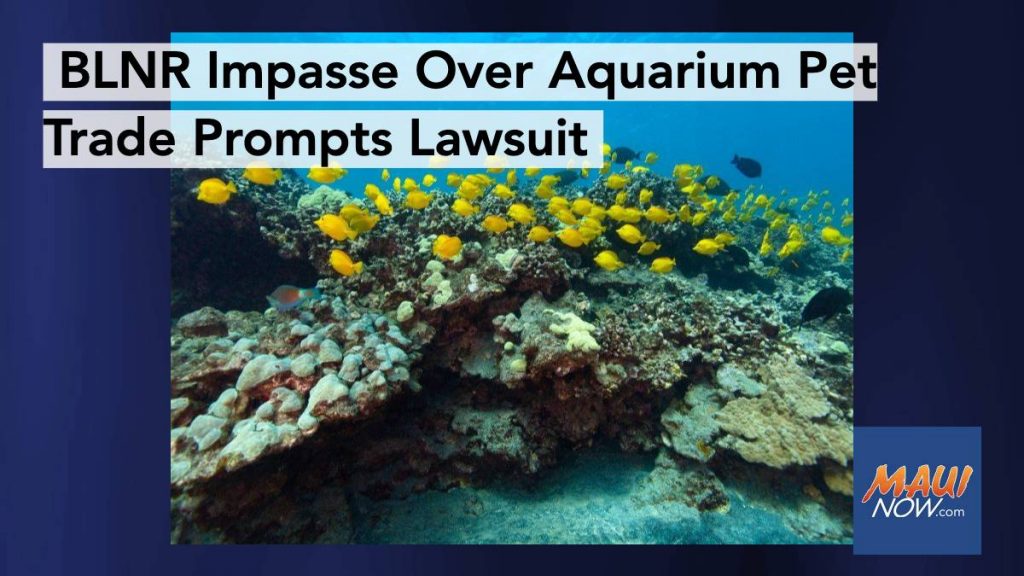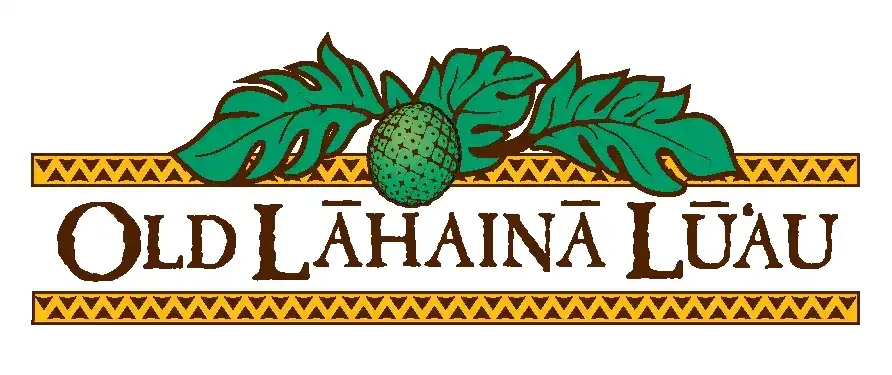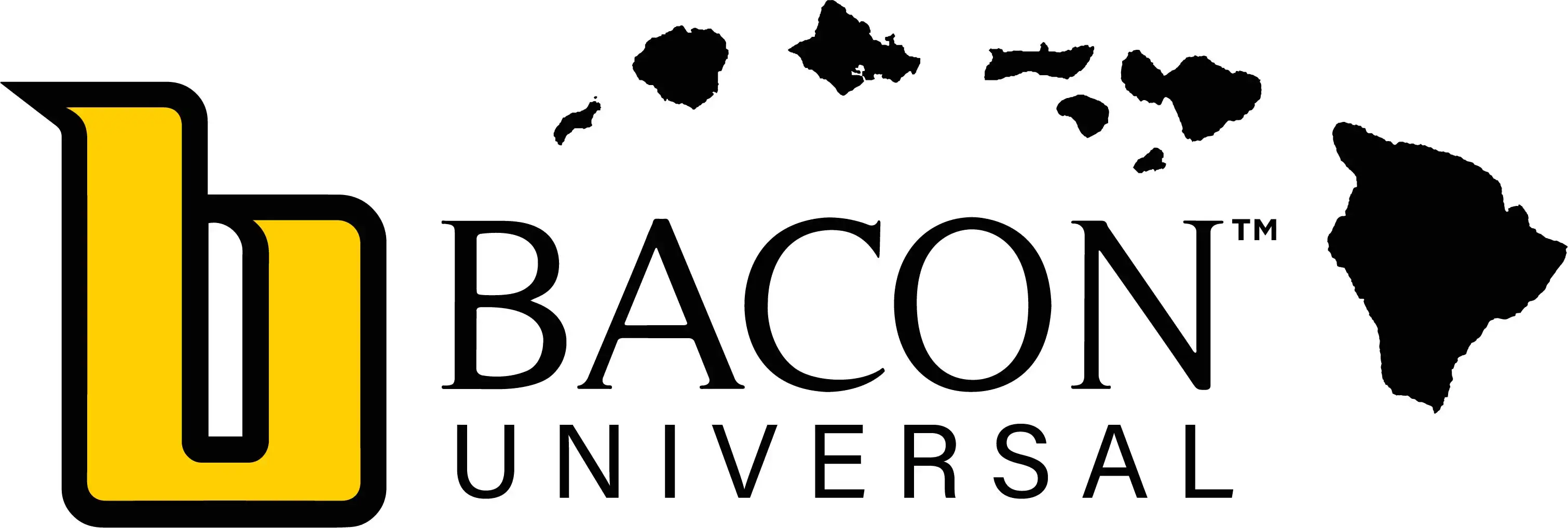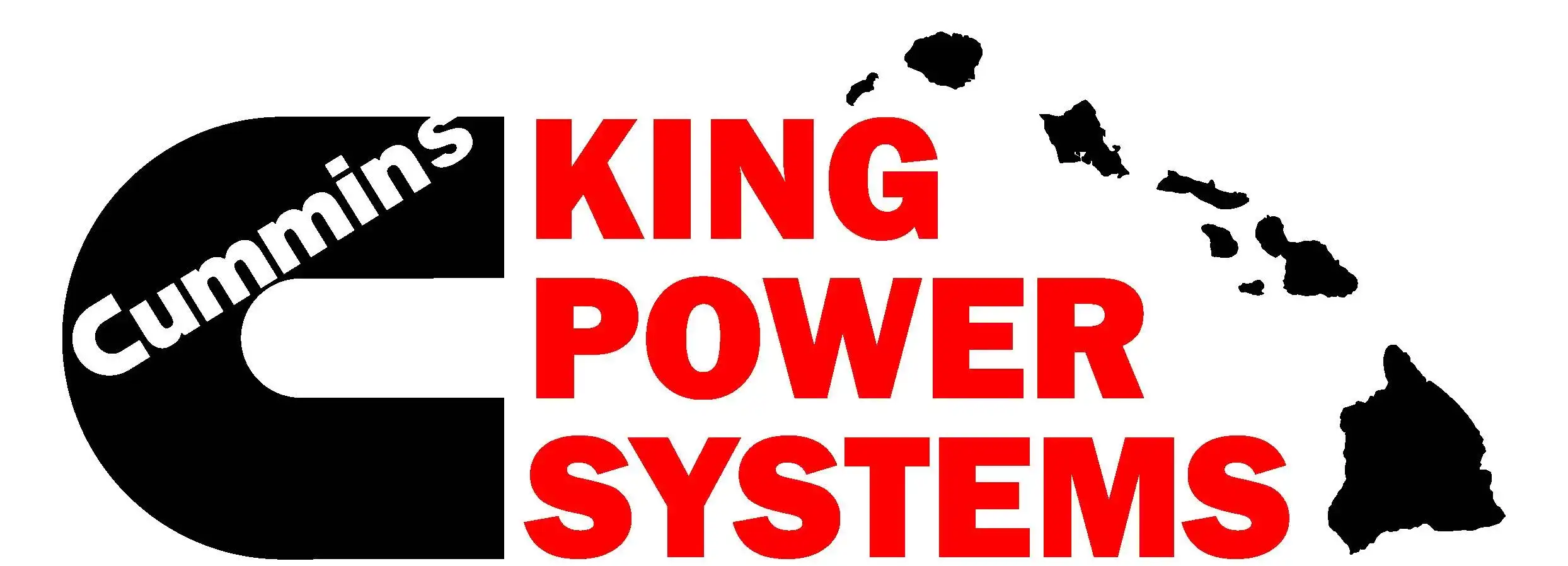BLNR Impasse on Aquarium Pet Trade Prompts Lawsuit

Conservation groups, Native Hawaiian fishers and cultural practitioners sued the Hawai‘i Board of Land and Natural Resources this week to protect West Hawai‘i’s reefs and coastal areas from commercial extraction of fish and other wildlife for the aquarium pet trade.
The complaint, filed in Hawai‘i Circuit Court in Honolulu, challenges “the board’s failure to reject the latest environmental impact statement submitted by trade representatives,” which the group says violates state environmental protection laws.
“After everything we’ve done to try get a handle on this problem, it makes no sense for BLNR to give the industry a pass,” said Miloli‘i fisherman Wilfred “Willie” Kaupiko, who for over 30 years has fought to protect West Hawai‘i reefs from what he calls “harmful effects” of the aquarium pet trade. “How will we protect these resources for future generations if these agencies aren’t looking out for us here in Hawai‘i?”
Kaupiko and his co-plaintiffs have led the charge to rein in what they call a “loosely regulated” aquarium pet trade, which they say “routinely extracted hundreds of thousands of small, attractive fish from Hawai‘i reefs every year.” In 2012, a coalition represented by Earthjustice sued and, after a decisive win at the Hawai‘i Supreme Court in 2017, it has participated extensively in the court-ordered environmental review process orchestrated by a Virginia-based pet trade association.
After the board unanimously rejected the industry’s first Environmental Impact Statement for West Hawai‘i Island in May 2020, a revised version was prepared. At a June 25 public meeting, the Board failed to reach a majority vote on the revised statement (3-3), which resulted in the revised statement being “accepted” by operation of law on July 8.
“If your first attempt at an EIS is rejected, you can try again, but the law is crystal clear that you have to fix the problems in the first one,” said Earthjustice attorney Mahesh Cleveland. “These collectors, this industry and now the Board have completely ignored that requirement; the Board cannot allow for reopening the trade without demanding that the applicants address head-on the many flaws which demanded rejection last year.”
The state Department of Land and Natural Resources declined to comment on the lawsuit, saying, “we can’t comment pending legal matters.”
DLNR did release information following the impasse saying the board decision was limited to the acceptability of the revised final EIS and was not a decision on aquarium fishing permits in Kona. The state noted that the seven aquarium fishers who undertook the EIS are expected to apply for permits, and the RFEIS outlined seven alternative possible courses of action.
“BLNR’s failure to reject this latest EIS is a travesty for our reefs,” said Rene Umberger, executive director of For the Fishes. “BLNR’s lack of decisive action tells aquarium trade players that there’s no need to comply with Hawai‘i’s environmental protection laws. No doubt other private interests will take note.”
“We will never stop pushing for our government to do the right thing for our communities and natural resources,” said Miloli‘i fisherman Ka‘imi Kaupiko. “To us, this is not just about our keiki and future generations, but everyone else’s too. The grandchildren of these commercial collectors should also be able to see healthy vibrant reefs just like we did when we were kids.”
“To restore the beauty and abundance of our reefs, the people and agencies must work hand in hand for the greater good of Hawai‘i nei,” said Kai Palaoa founder and Kanaloa practitioner Kealoha Pisciotta. “We are very disappointed that BLNR went against their previous decision and bent under the pressure of this profit-hungry industry.”
The plaintiffs believe the default acceptance of the new environmental analysis “could lead to reopening commercial collection in West Hawai‘i, without the disclosure and mitigation of known environmental consequences that state law requires.”










